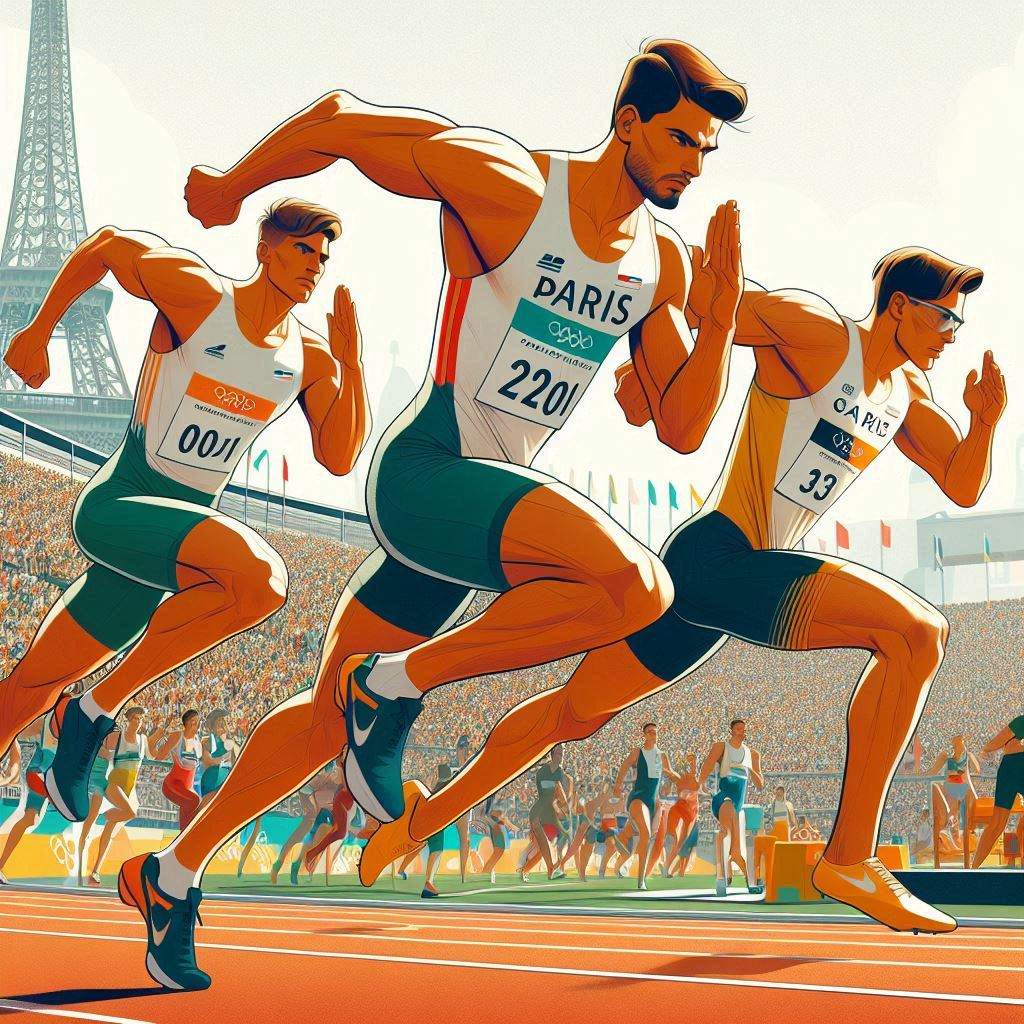
The Cost of Olympic Dreams: Why American Athletes Are Turning to Crowdfunding
POSTED ON:2024-08-26 19:19:00.
In the world of elite sports, reaching the Olympics is the pinnacle of an athlete’s career. However, for many American athletes, the journey to the Paris 2024 Olympics has become financially overwhelming. A recent article by ABC News highlights a troubling trend: numerous U.S. athletes and their families are resorting to crowdfunding platforms like GoFundMe to cover the expenses associated with their Olympic ambitions.
The Financial Strain on Athletes
Unlike many other countries, the United States does not provide significant financial support for its Olympic athletes. While some athletes secure sponsorships or grants, many must cover their training, equipment, travel, and even basic living expenses out of pocket. This financial burden is exacerbated for athletes in less mainstream sports, where sponsorship opportunities are limited. The result is a growing number of athletes who, despite their world-class abilities, struggle to afford the costs of pursuing their Olympic dreams.
The ABC News article provides a stark example of this reality, featuring athletes like track and field star Maggie Ewen, who turned to crowdfunding to cover the high costs of competing internationally. The article points out that while GoFundMe has been a lifeline for many, it also highlights the systemic issues within American sports funding that leave athletes with little choice but to rely on public donations.
The Role of Crowdfunding in Supporting Athletes
Crowdfunding has emerged as a critical tool for athletes facing financial challenges. Platforms like GoFundMe allow athletes to tap into the generosity of friends, family, and even strangers who are passionate about supporting Olympic hopefuls. These campaigns often go beyond simply raising funds; they also help build a community of supporters who follow the athlete’s journey and share in their successes and setbacks.
However, the reliance on crowdfunding also underscores the lack of institutional support for American athletes. In many other countries, Olympic athletes receive substantial government funding or corporate sponsorship, ensuring that financial concerns do not impede their training and performance. The need for crowdfunding in the U.S. highlights a gap in the system, where only the most marketable athletes—those with high-profile endorsements—can afford to focus solely on their training.
The Broader Implications
The financial struggles of American Olympians raise important questions about the future of sports in the United States. If only those with the means or the ability to fundraise can afford to compete at the highest levels, the country risks losing talented athletes who could have excelled if given the necessary support. This issue is particularly pressing for athletes from low-income backgrounds or those competing in sports with limited commercial appeal.
The situation also speaks to broader inequalities within the U.S. sports system. The athletes who are forced to crowdfund often face additional challenges, such as balancing part-time jobs with their training or coping with the stress of financial uncertainty. These factors can impact their performance, creating an uneven playing field where only those with financial stability have a real shot at Olympic success.
Conclusion
The reliance on crowdfunding for Olympic hopefuls in the United States reveals a deep flaw in the country's sports funding system. While platforms like GoFundMe provide a valuable resource for athletes in need, the fact that so many must turn to public donations to chase their dreams is a concerning sign. As the Paris 2024 Olympics approach, it is crucial to address these financial disparities to ensure that all American athletes, regardless of their financial background, have a fair chance at achieving Olympic glory.
